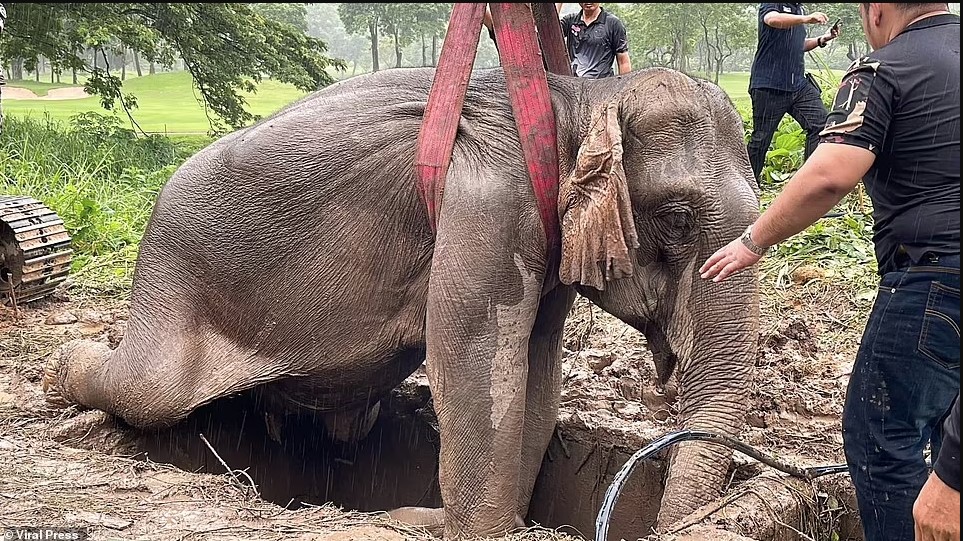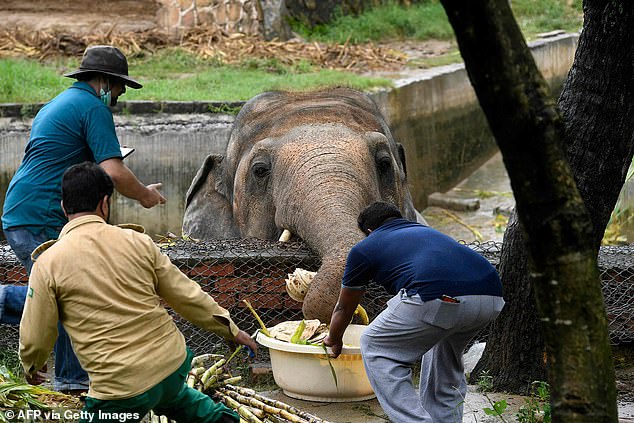Canadian diver captures footage of the cephalopod drawing closer and closer until it fully embraces her
For outsiders, scuba diving in the frigid waters of the northern Pacific can seem daunting: limbs quickly go numb without the right equipment, and unlike the sparkling blue of the tropics, the water has a gloomy, greenish tint.
But a recent viral encounter between a diver and an octopus has highlighted the particular magic of the sunken kelp forests off the coast of British Columbia.
On a cloudy morning, Andrea Humphreys and a group of friends slipped into the waters of the Salish Sea, off the eastern coast of Vancouver Island.

A high school teacher in the town of Campbell River, Humphreys was eager to show a visiting friend the region’s underappreciated beauty.
“People say it’s dark and gloomy here. But when you’ve got lights, you see every colour of the rainbow. It’s incredible. I’ve completed more than 675 dives and I think this is some of the best diving in the world,” she said. The group was also on the hunt for an enigmatic local: the giant Pacific octopus.
Humphreys said that she occasionally spots them sheltering in their dens, but this time, within moments of immersion, the group made the rare sighting of an octopus out in the open.

It quickly approached her friend, grazing its tentacles up against the mask and regulator.
Humphreys started photographing the encounter – until the octopus had turned its attention to her.
Her camera captured the curious cephalopod drawing closer and closer, its tentacles widening until it fully embraced her.
“It was just crawling on my camera, crawling on my lips, giving me a hug. These huge tentacles were up over my face and mask,” Humphreys said. “Every time I backed away from it, the octopus just kept coming towards me. And it was just so amazing and inspiring.”
For the next 40 minutes, the octopus stayed close by, inspecting her dive equipment and taking a particular interest in her camera. “It kept changing the lights on my camera system and fiddling with it,” she said.
Throughout the encounter, the octopus maintained its deep red colour, never taking on the greyish tone of a fearful or aggressive cephalopod.
Elated by her encounter, Humphreys posted the video online for friends and family. Within days, it had received tens of thousands of views. On a recent trip to the grocery store, she was stopped in the aisle after someone spotted “the octopus lady”.

She suspects that part of the video’s popularity was due to the glimpse it provided of a fleetingly intimate and unlikely connection with a creature that often seems alien.
Octopuses have long been known to be the most intelligent of the invertebrates. They are expert mimics, taking on the colour and texture of the rocks and marine life around them.
But their lives are also marked by a grim and tragic cycle. They live far longer than other species, often reaching five years, but females care so intensely for their eggs it costs them their lives. A mother will care for her hundreds of thousands of eggs with such intensity that she forgoes feeding herself in order to gently blow water over them to prevent algae from building up. She survives off her own fat stores until she succumbs to starvation.
Humphreys often visits classrooms with her diving equipment to give students a window into a marine world many won’t encounter first-hand.
“I want to give them a sense of what’s at stake,” she said. “With a changing climate, warming waters and pollution, I want them to learn about why it matters.”
Her recent video of the octopus encounter has only deepened their interest in the delicate marine ecosystems – and reinvigorated her own love of the ocean.
“I’ve always had such a respect for them and this just makes me appreciate them even more. Just to have that encounter, it was just so magical,” Humphreys said. “The curiosity. The ability to explore was just so amazing. I’ve never eaten calamari – and I’ll definitely never touch it now.”








